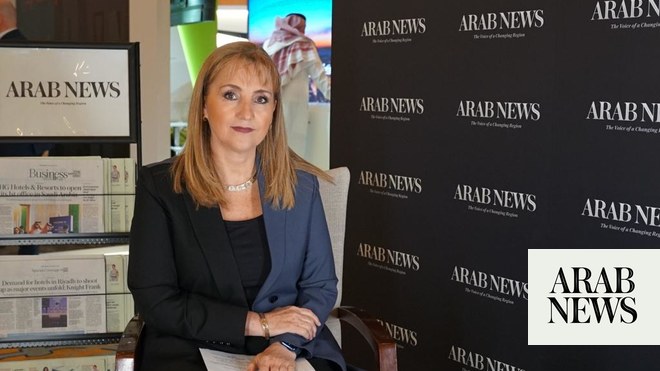
Major US consultancies who have advised Saudi Arabia on its global sports spending spree – including its proposed takeover of golf’s PGA Tour – are coming under fire in Washington for possible violations of federal disclosure laws.
Four prominent consulting firms, including McKinsey, have been accused of refusing to fully comply with subpoenas for information about their work for the oil-rich kingdom by the Senate permanent subcommittee on investigations. The Senate panel has been conducting an inquiry into authoritarian governments’ efforts to deploy soft power and other influence strategies in the US.
So far, the consultancies have only provided information of “limited substantive value”, according to a memo released to the media by the committee’s Democratic chairman, Richard Blumenthal.
But in a more serious turn of events for three of the firms, the senator has also strongly suggested that the consultancies could be violating federal disclosure rules – known as the Foreign Agents Registration Act (Fara) – by not formally declaring to US authorities that they are acting as agents of the Saudi government.
Failure to file under Fara, which was designed to control illegal foreign influence over the US government, is considered a federal crime and can lead to hundreds of thousands of dollars in fines or imprisonment.
The Saudi public investment fund (PIF), a sovereign wealth fund chaired by the crown prince and de facto Saudi leader, Mohammed bin Salman, and is worth an estimated $776bn, is at the heart of Blumenthal’s inquiry.
The PIF controls major investments around the world, including the 2021 takeover of the British football club Newcastle United, and has made major investments in the US, including in Meta, JP Morgan Chase, Starbucks, Microsoft, Lucid Motors, Activision Blizzard, Electronic Arts, Live Nation Entertainment and Uber.
The PIF also owns stakes in US private equity and venture capital firms including Blackstone, General Atlantic, KKR, Hellman & Friedman, Apollo, Brookfield and CVC.
The PIF has routinely objected to being subjected to US laws and has rebuffed repeated requests by the Senate committee to hand over documents subpoenaed by the panel. To get around the issue, Blumenthal looked to gather information from the US consultancies that have advised Saudi Arabia for answers.
The Saudi government responded by issuing an injunction against the consultancies in the Saudi courts, claiming that the records sought by the committee are classified and that their release could harm Saudi national security interests. The consultancies affected include Boston Consulting Group, McKinsey & Company, M Klein & Company, and Teneo, which are all headquartered in the US.
“Accepting the PIF Consultants’ refusal to cooperate with this Subcommittee would create a dangerous and unsupportable precedent – that American companies can shield commercial interactions with foreign governments that are directed towards the United States from oversight simply by choosing to have their contracts governed by foreign law,” Blumenthal said.
The Saudi government’s insistence that the US consultancies working for the PIF be treated as “public employees of the government of Saudi Arabia” has put the consultancies at legal risk. Under US law, any individual working as an agent of a foreign government must comply with Fara, which only one of the consultancies – Teneo – has so far done.
Blumenthal said in a memo that a key question for the panel’s inquiry was assessing whether Fara would apply to the consultancies.
In a statement to the Guardian, a spokesperson for McKinsey, which has faced substantial criticism for its work for Saudi Arabia in the past, pushed back on the Saudi government’s claim.
“McKinsey employees are employees of McKinsey, not the Saudi Government, and we have disputed any claims our employees are tantamount to public officials under Saudi law,” a spokesperson said.
BCG declined to comment. M Klein & Company did not respond to the Guardian’s request.
Teneo, which has filed under Fara, declined to respond to a request for comment about the firm’s compliance with the panel’s subpoena.
Executives from all four of the firms are due to testify in Washington on Tuesday.
Saudi Arabia’s suggestion that consultants and advisers for the PIF are Saudi government employees also appears to contradict previous public statements by England’s Premier League, which in 2021 agreed to allow a consortium headed by the PIF to takeover Newcastle United. The Premier League has said it received “legally binding assurances” that the PIF was separate from the Saudi government.
The issue has been contentious in the UK amid questions about whether the Saudi government has a controlling influence on Newcastle and whether its ownership should therefore be subject to the league’s owners’ and directors’ test.
Richard Masters, the Premier League chief executive, told the BBC in November 2021 that if his organization found evidence of state involvement in the running of the club, “we can remove the consortium as owners of the club”.











